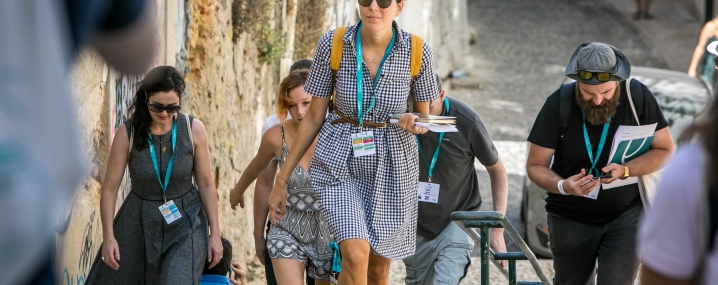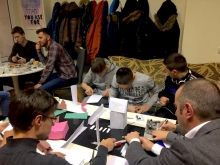Liepaja
The population size is 71 125 inhabitants, with a shrinking tendency nowadays. The ethnic configuration of the city is comprised of Latvians (54,69%), Russians (30.88%), Ukrainians (4,93%) and others (9,5%).
The unemployment rate is rather high, 11,5%, while the GDP/person is 8497 euro per capita in Kurzeme region, suffering a slight decline tendency in the last years. Historically, the most developed industrial spheres are metalworking, textile industry, production of construction materials, food processing, shipbuilding, cargo transportation and handling as well as other sectors. Therefore, key economic sectors in employment are commerce 32,7%, manufacturing 21,9%, construction 15,3%, transport and storage 14,7%. In addition, the Liepaja Business centre in the industrial park represents the workplace of 600 employees.
The city’s future aspirations include the re-establishment of the spa and health tourism industry. Vigorous efforts are made in order to reinstate Liepāja’s status as a popular spa resort city.
Liepaja is confronting with two main social problems: the decline of the number of inhabitants and an ageing society.
The economic problems translate into the weakening of the manufacturing industry and the transition from manufacturing to commerce sector, a shift which affects the population and the unemployment rate
SOME RELATED NETWORKS
BluAct II
VITAL CITIES
Article
Vital Cities under microscope!
Article




